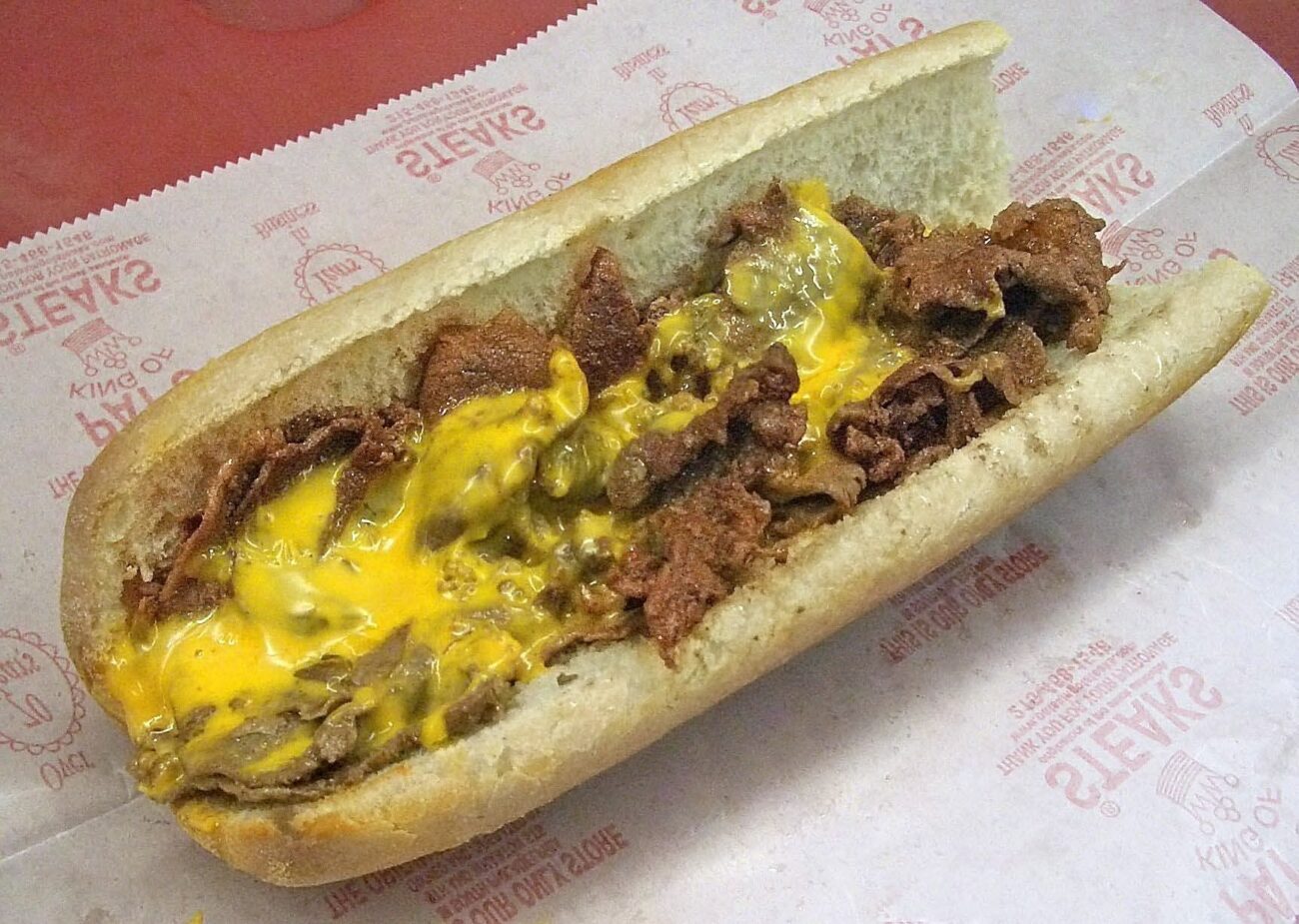Your search for authentic pierogi ends at a former Sunoco station in McKees Rocks. Helen Mannarino transformed this unlikely spot into Pittsburgh’s pierogi powerhouse after emigrating from Poland in 1974, bringing recipes that taste exactly like your Polish grandmother’s kitchen—if she had mastered the art of comfort food therapy decades before it became trendy.
The walk-up window at Pierogies Plus tells the story of immigrant determination. Mannarino opened in 1991 with traditional potato and cheese fillings priced to feed working families, then expanded to seasonal varieties including apple pie and spinach ricotta. A dozen traditional pierogi costs just $8, making this Pittsburgh’s most affordable authentic meal.
“It’s exactly like grandma used to make,” reflects one longtime customer review that captures the shop’s reputation. You’ll find bistro tables outside where locals gather like it’s their neighborhood living room, creating the kind of organic community TikTok food influencers spend months trying to manufacture.
The Church Connection Sustains Tradition
Friday pierogi sales at St. Mary’s Ukrainian Orthodox Church anchor Pittsburgh’s Eastern European community. Volunteers roll dough and stuff fillings using techniques passed down through generations, creating more than just dinner—they’re running the original subscription meal service that feeds both body and cultural memory.
These church kitchens function as cultural preservation centers operating with mechanical precision. The rhythmic folding, sealing, and boiling creates a meditative process that mirrors the repetitive satisfaction of viral cooking content, except these women perfected the technique generations before social media existed.
The ritual connects three generations around folding tables. Grandmothers guide teenage hands through proper dough-sealing techniques while sharing stories about their own mothers’ kitchens in Poland and Ukraine, passing down cultural DNA one dumpling at a time.
Pittsburgh’s Pierogi Trail Honors Heritage
Pittsburgh’s pierogi evolution reflects changing dietary needs without abandoning core traditions. Shops like Apteka serve vegan versions using cashew cheese, while S&D Polish Deli maintains old-world authenticity and Butterjoint offers modern twists for adventurous palates.
The flavor innovations stay respectful. Steak and provolone pierogi nod to Pittsburgh’s blue-collar roots, while apricot cream cheese varieties satisfy dessert cravings your Eastern European ancestors never imagined exploring.
Each shop’s signature approach differs strategically. Some use sharp cheddar cheese in potato fillings, others stick strictly to farmer’s cheese. These variations create a pierogi trail worth exploring across Western Pennsylvania’s small towns, where every stop offers a slightly different interpretation of the same fundamental comfort.
The tradition thrives because it adapts without losing soul. Your modern pierogi experience connects directly to 19th-century immigrant kitchens, proving some foods transcend time through community dedication and authentic preparation methods that no algorithm can replicate


















